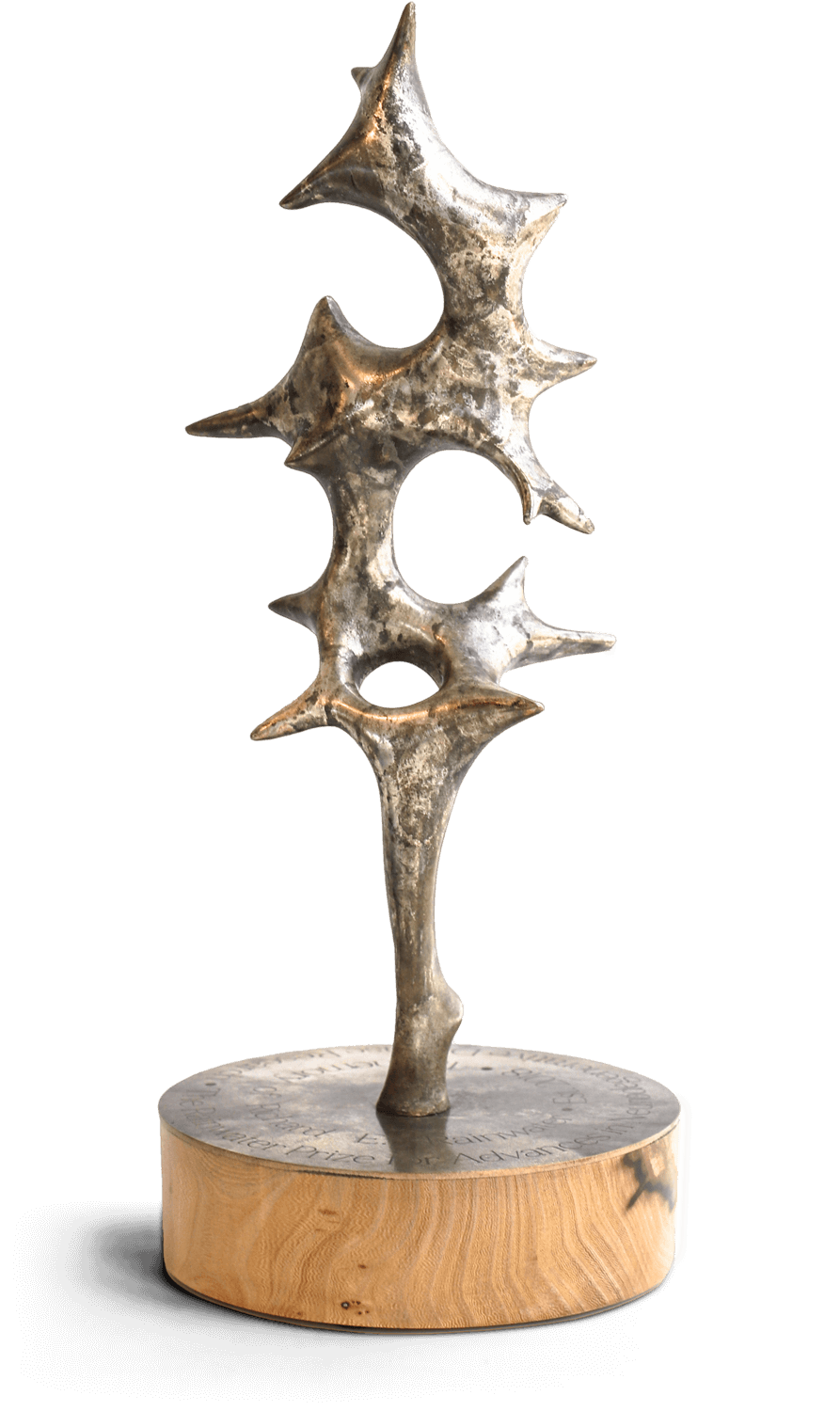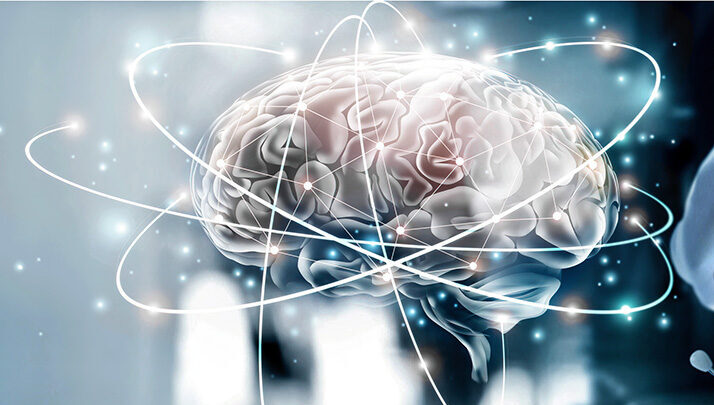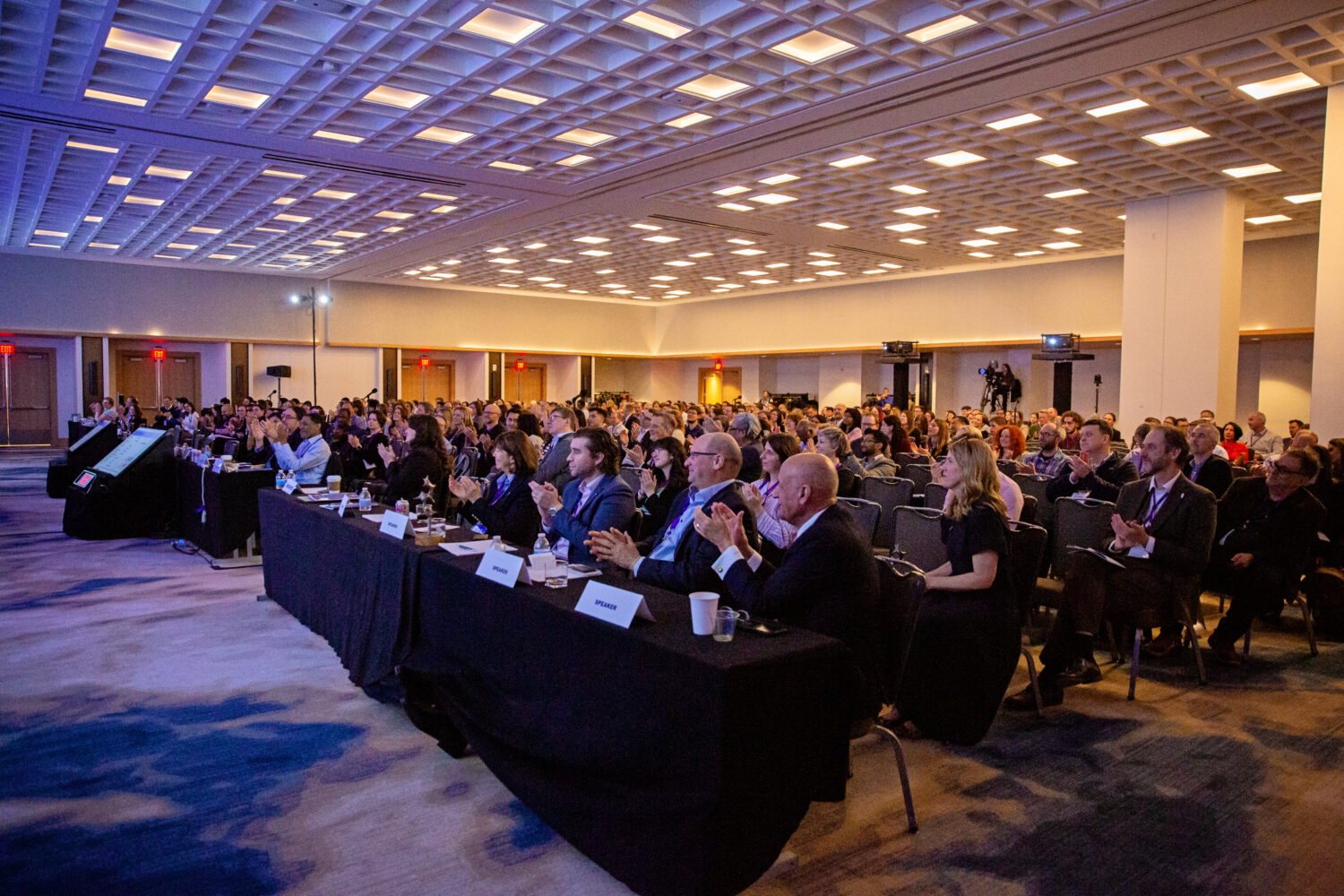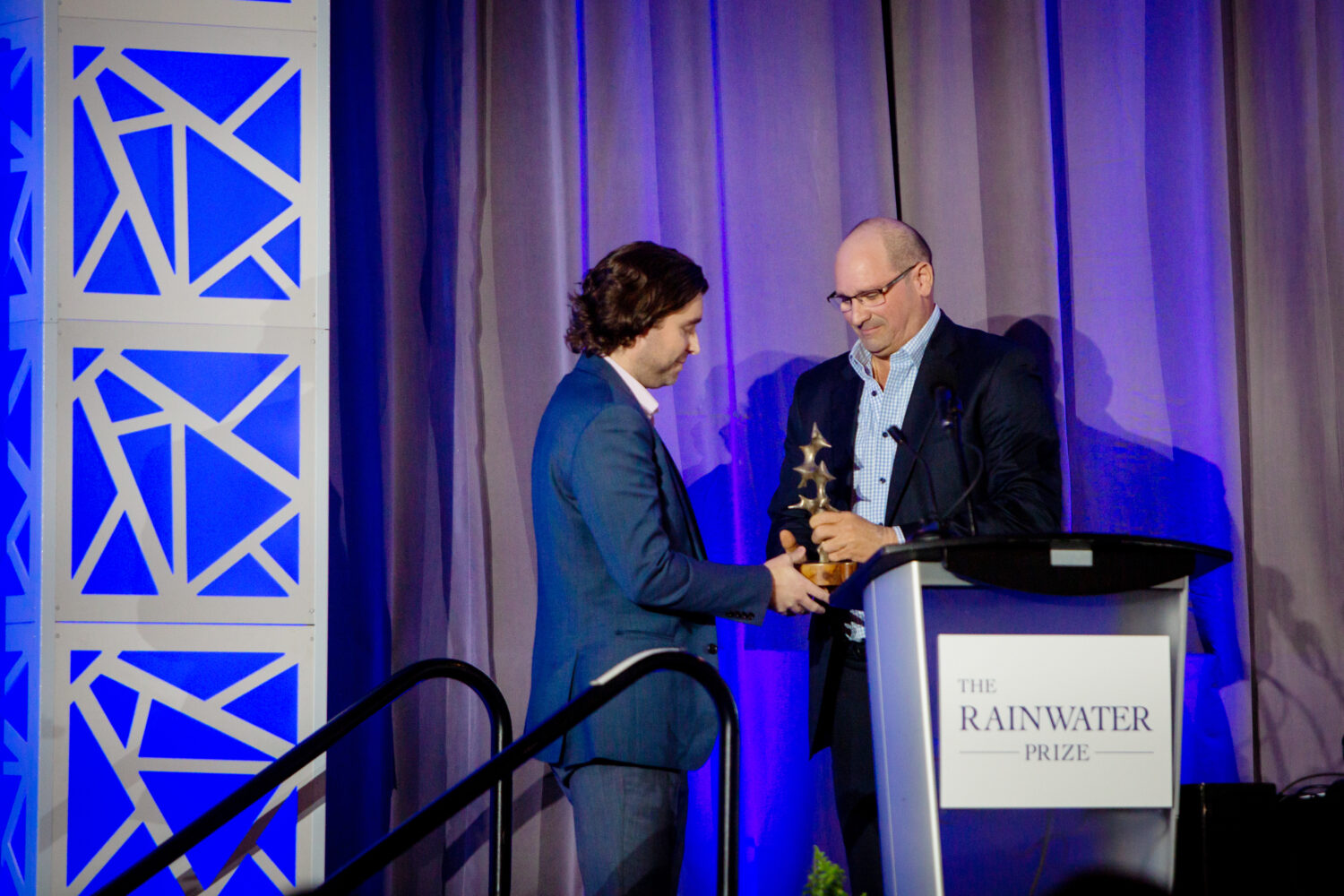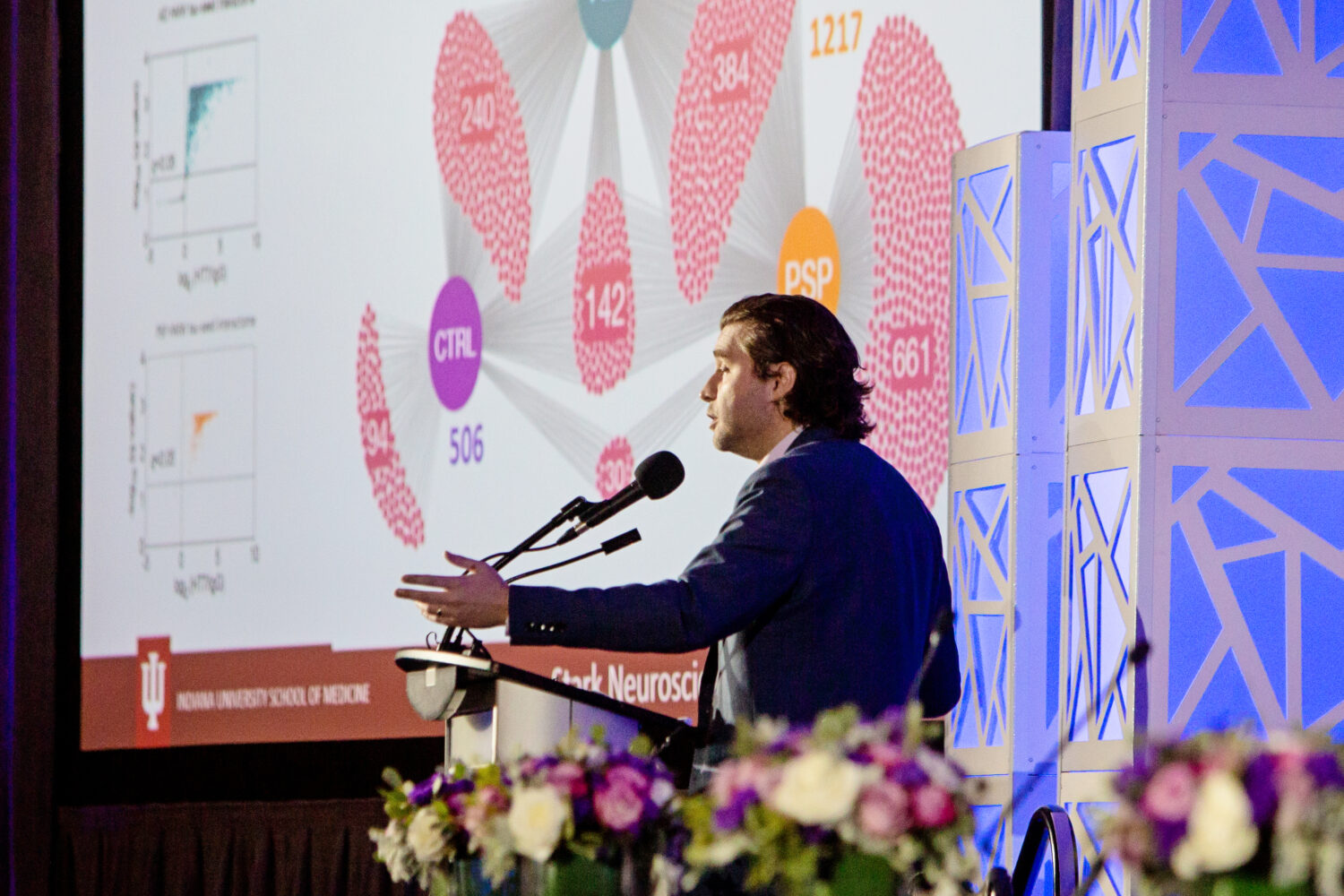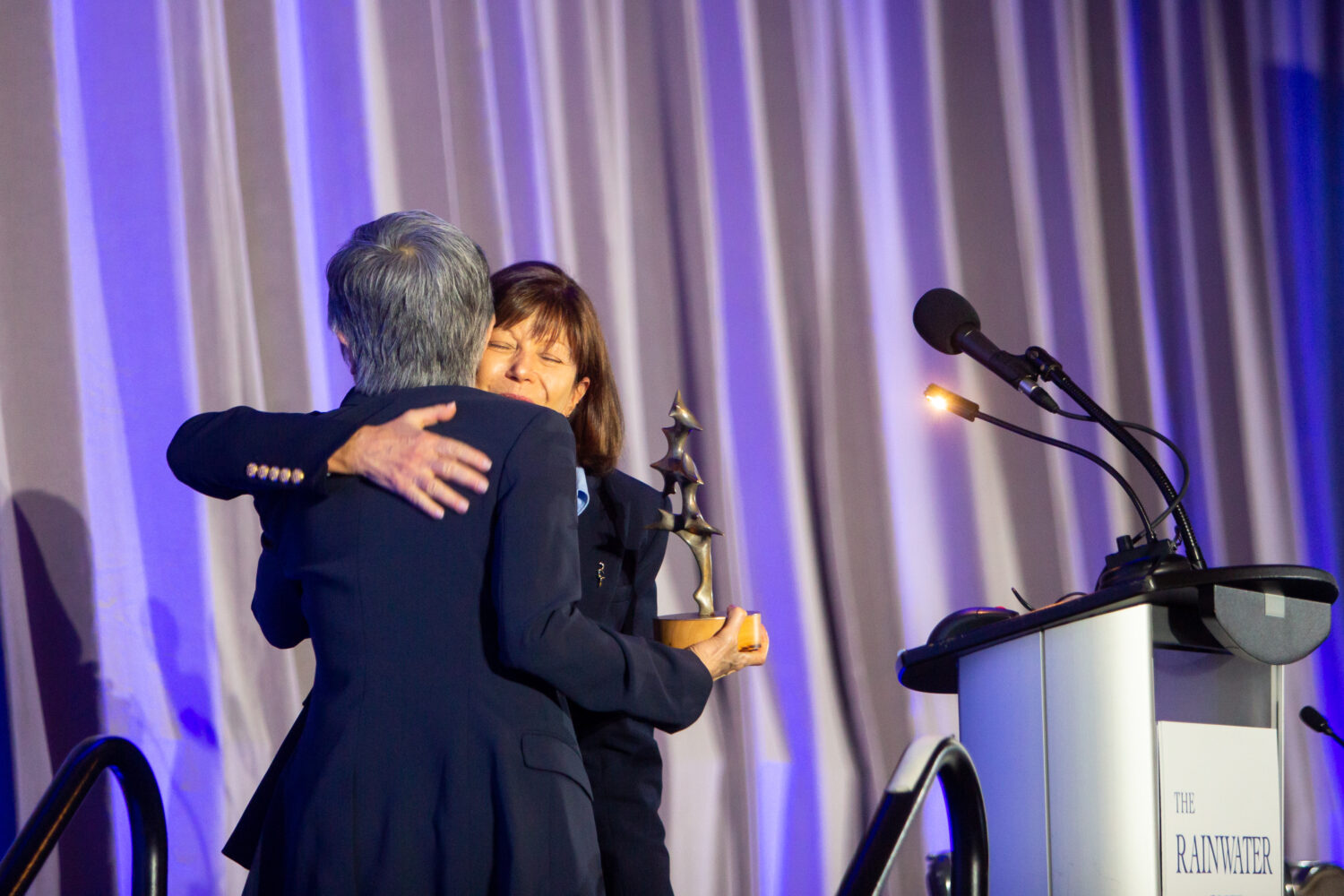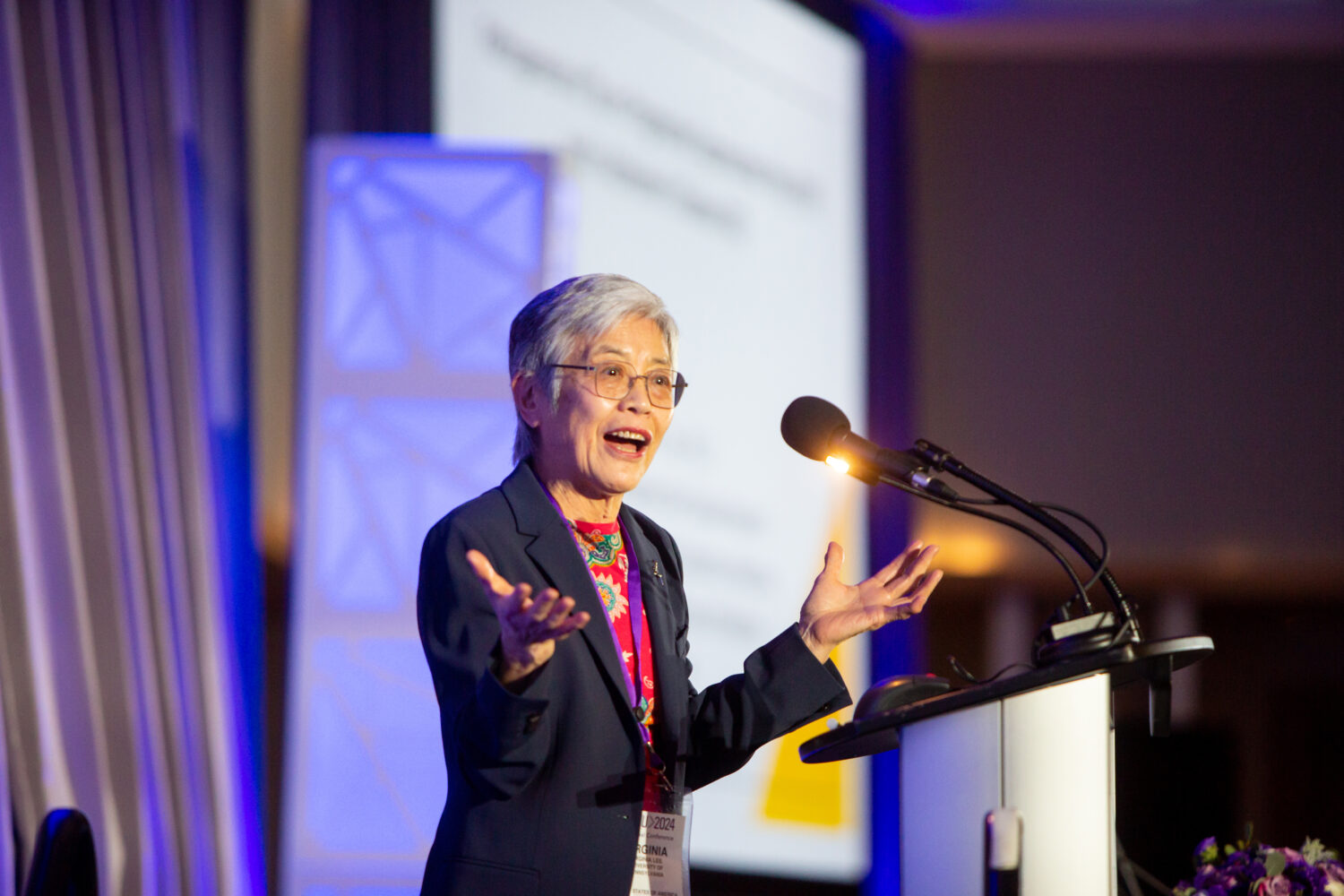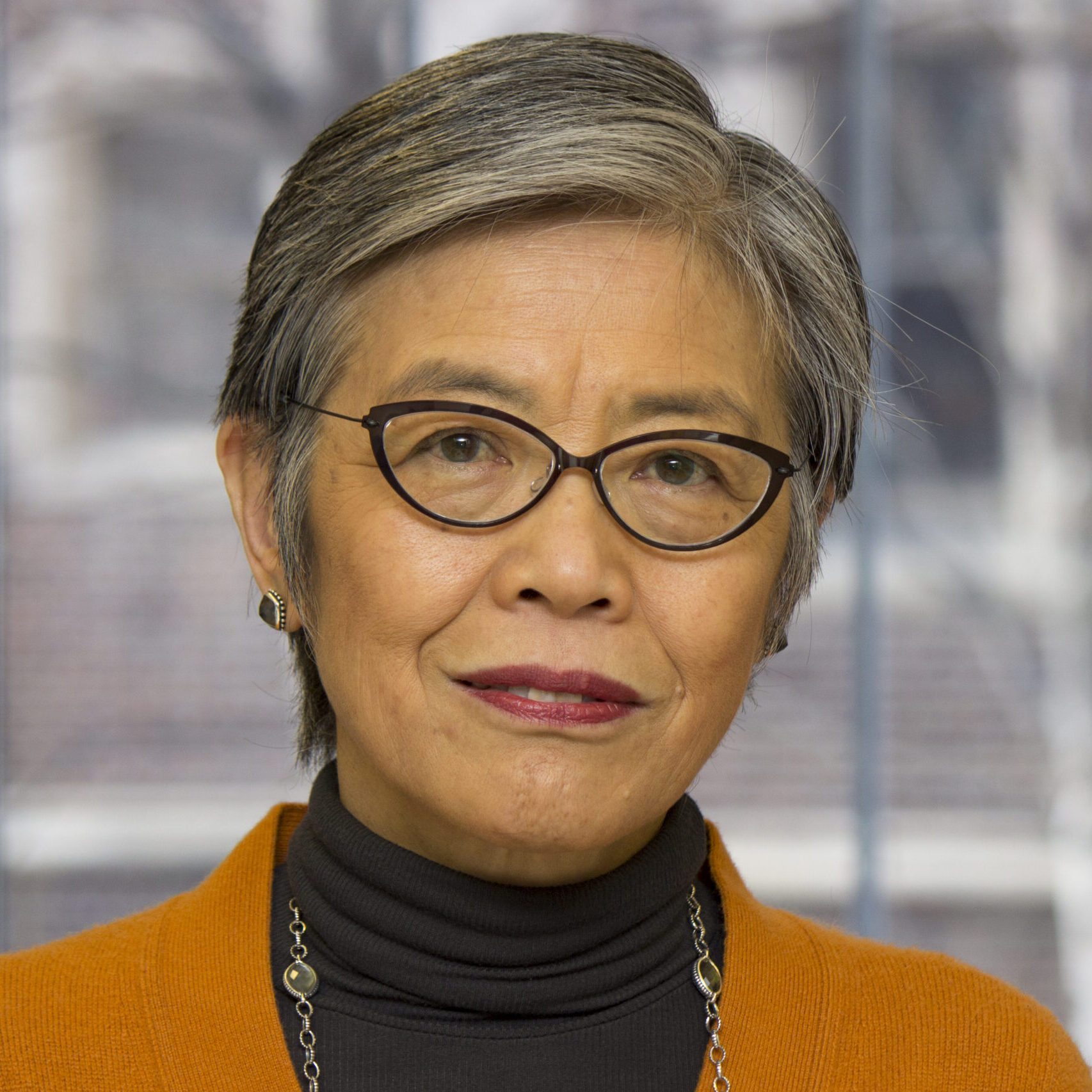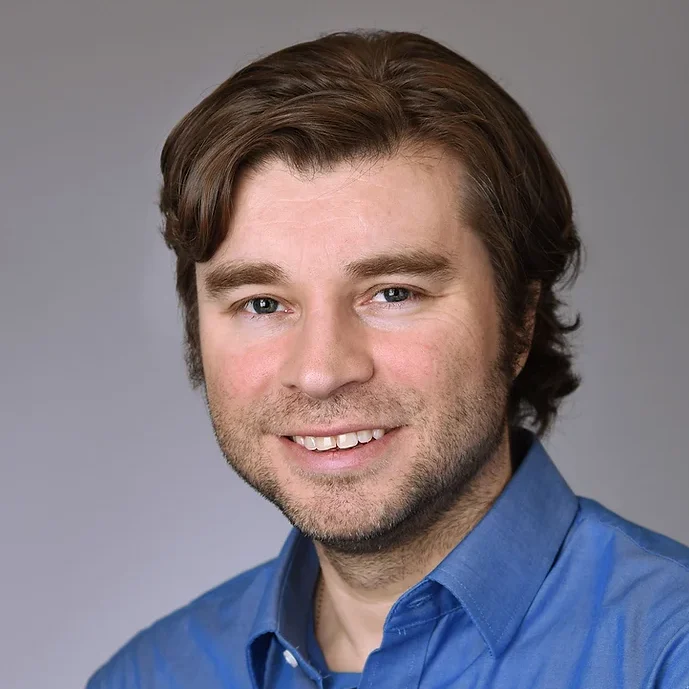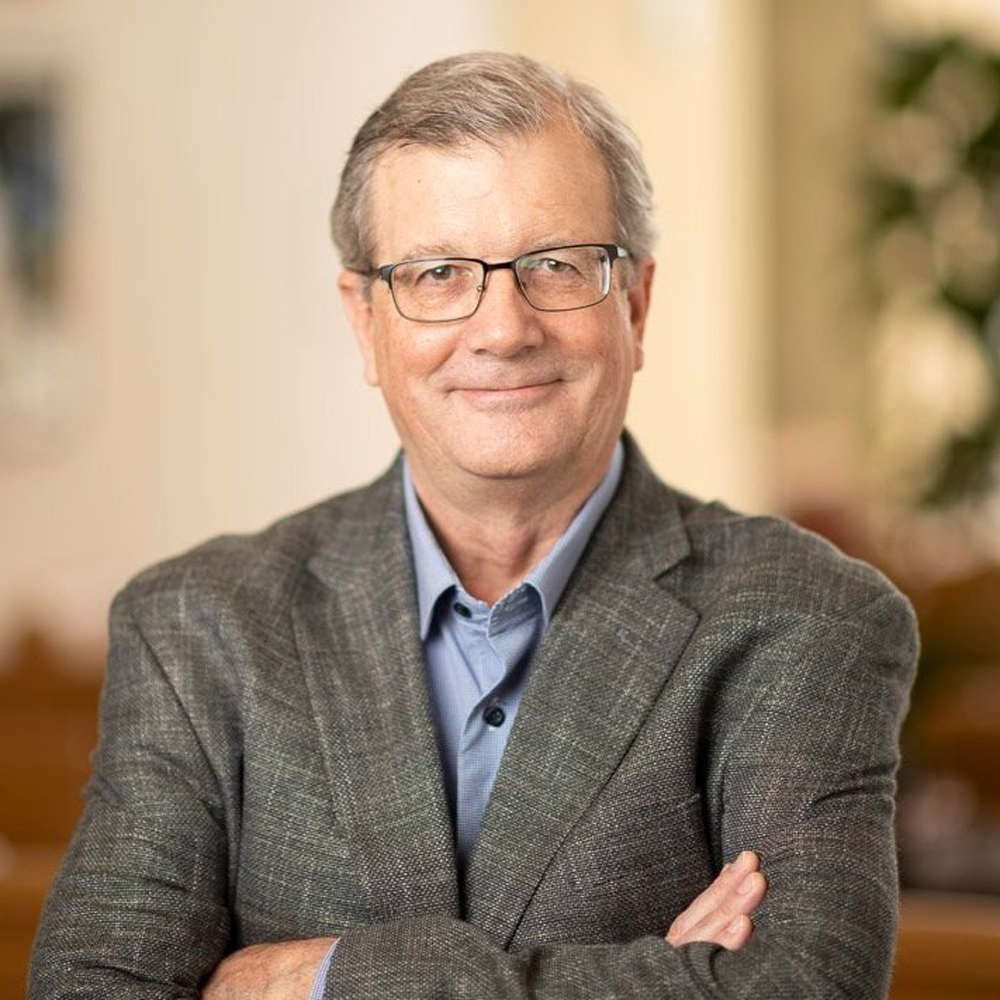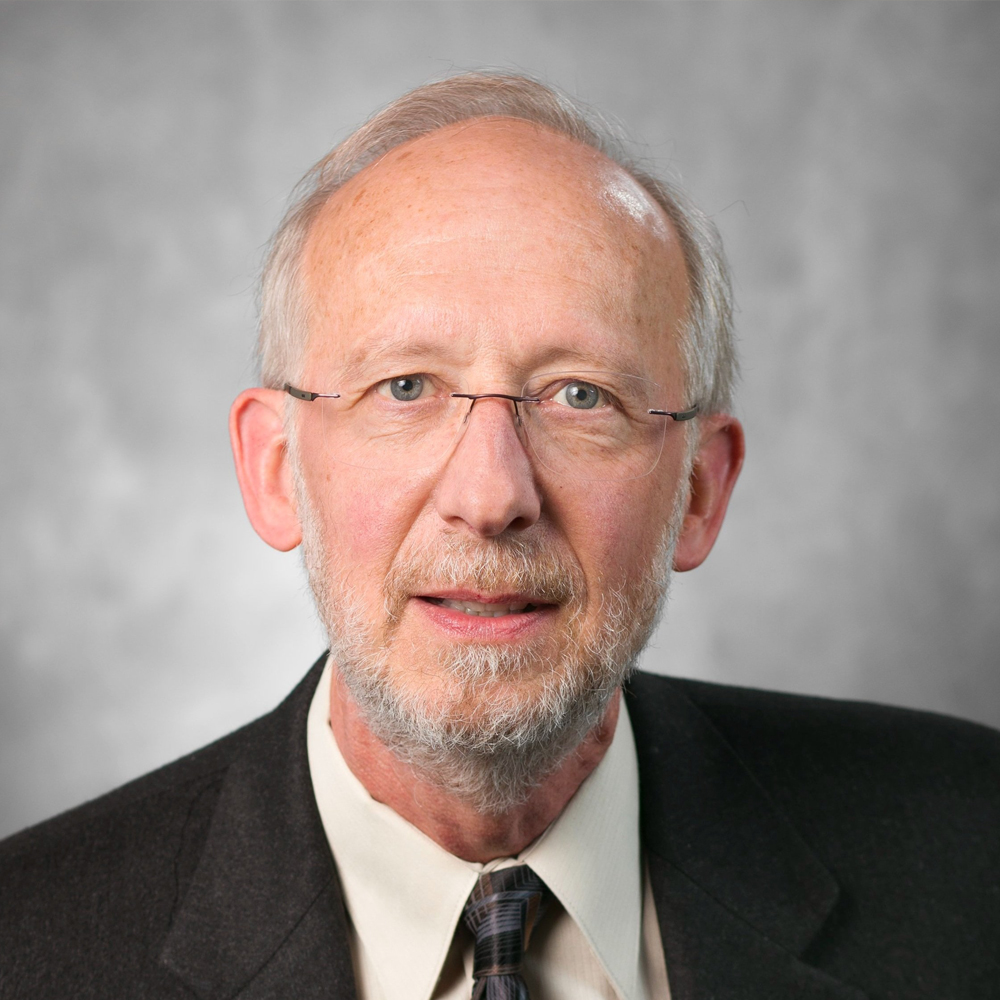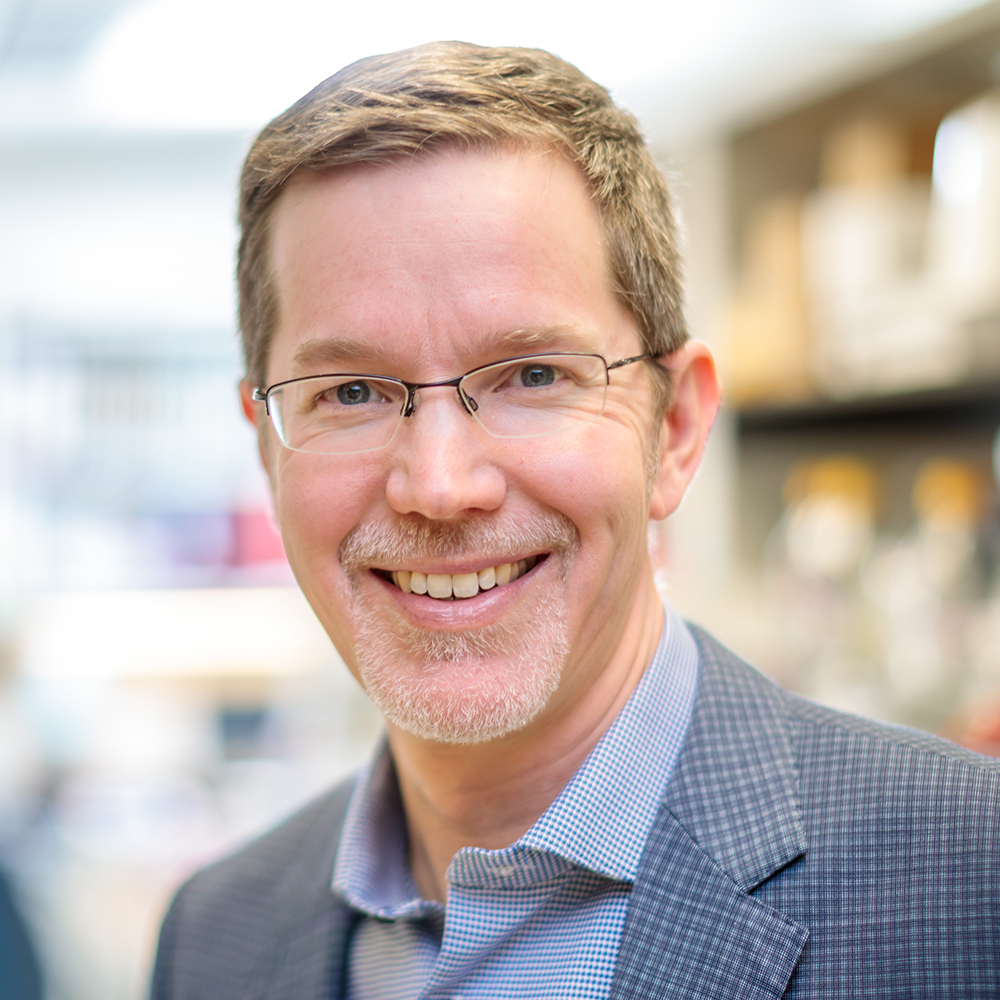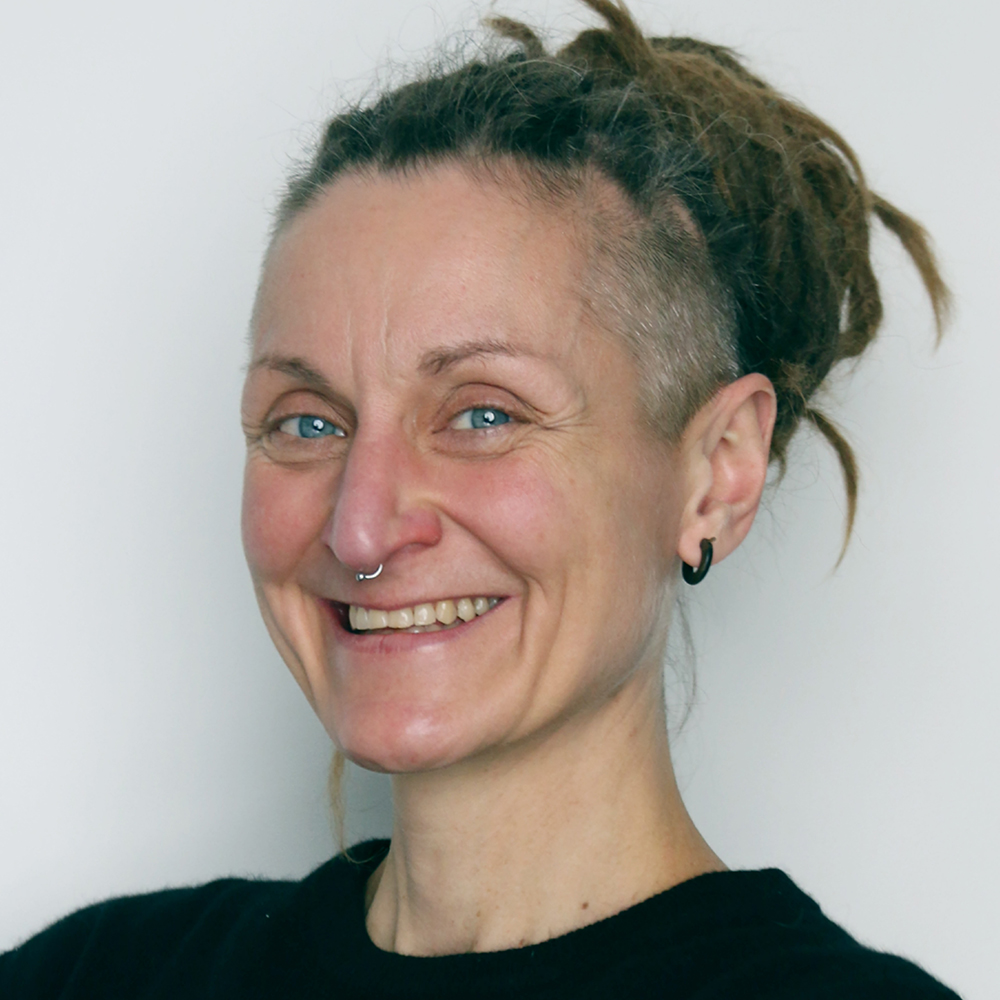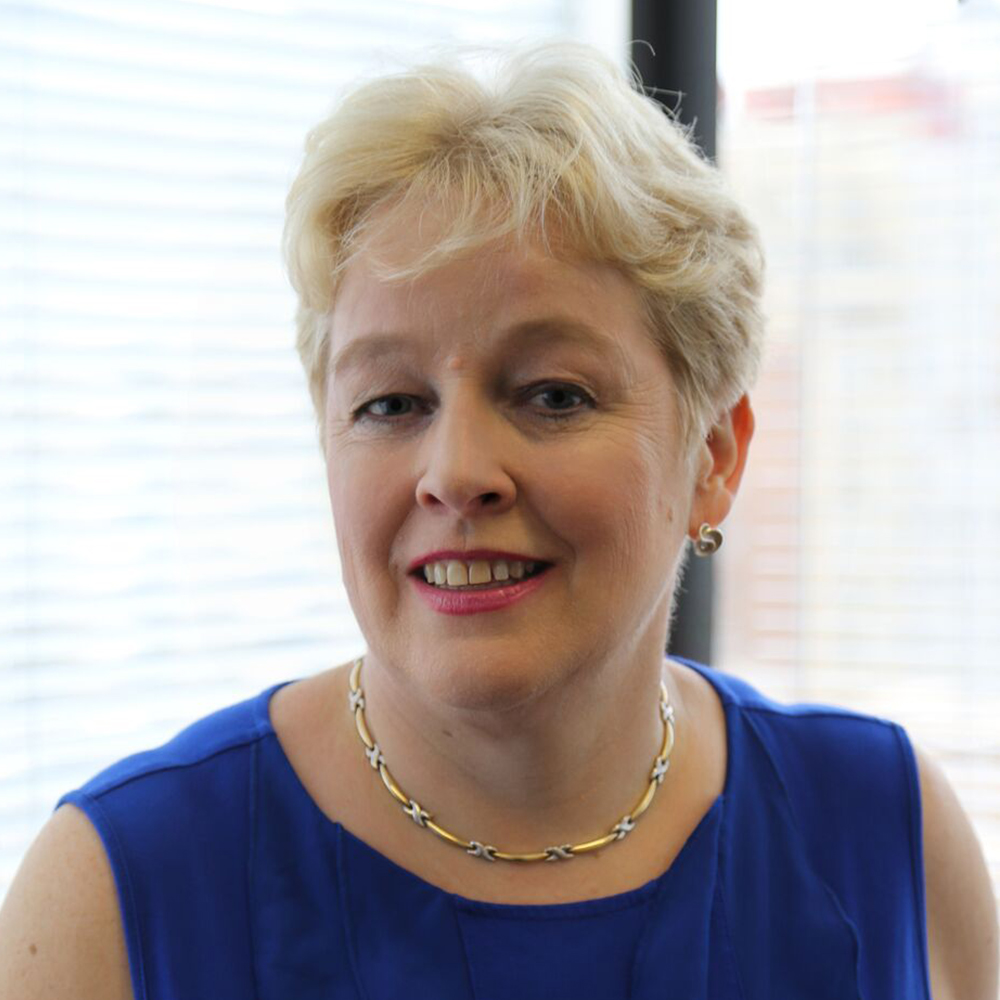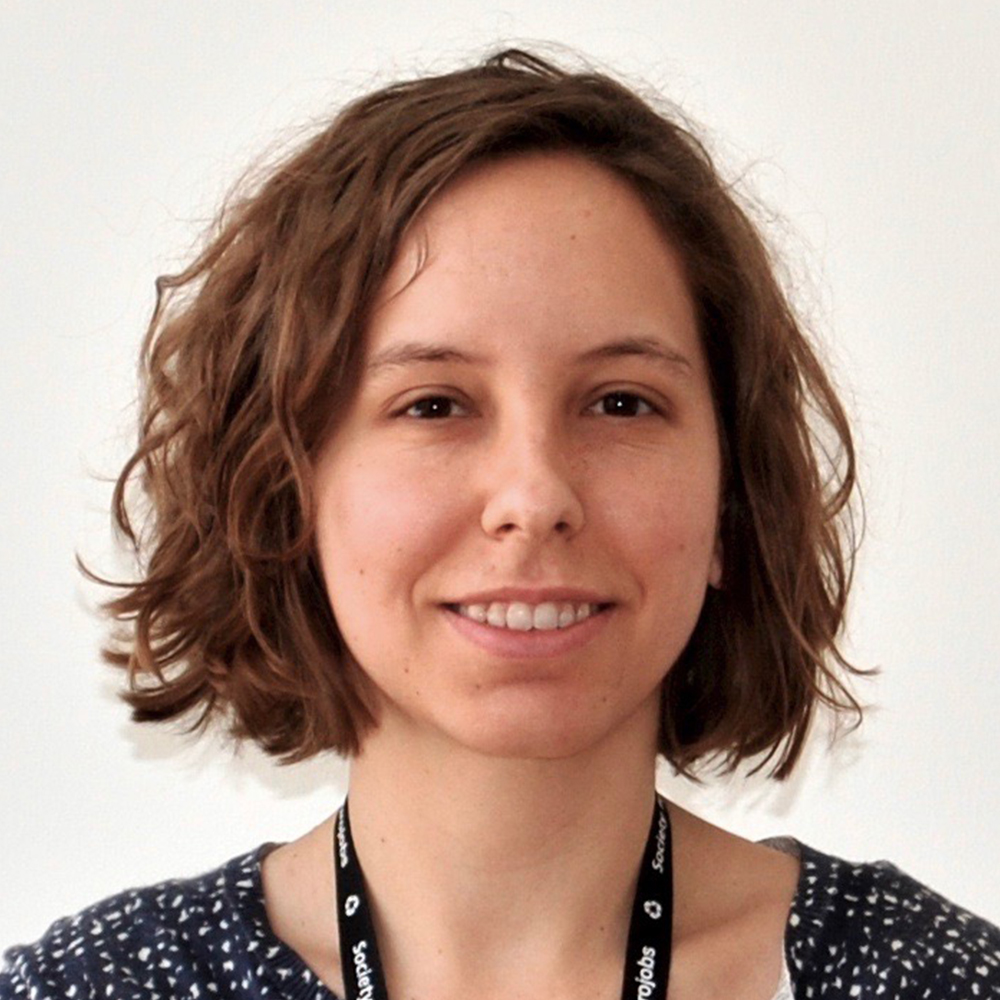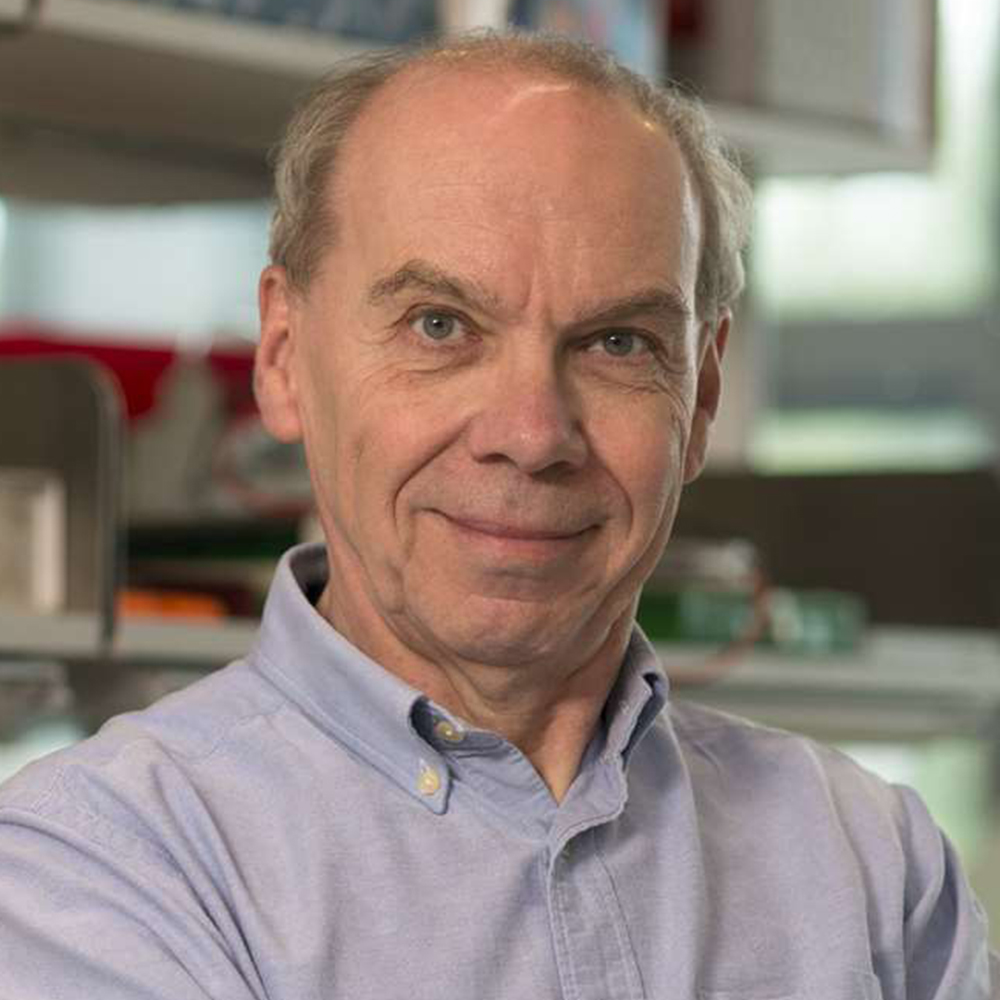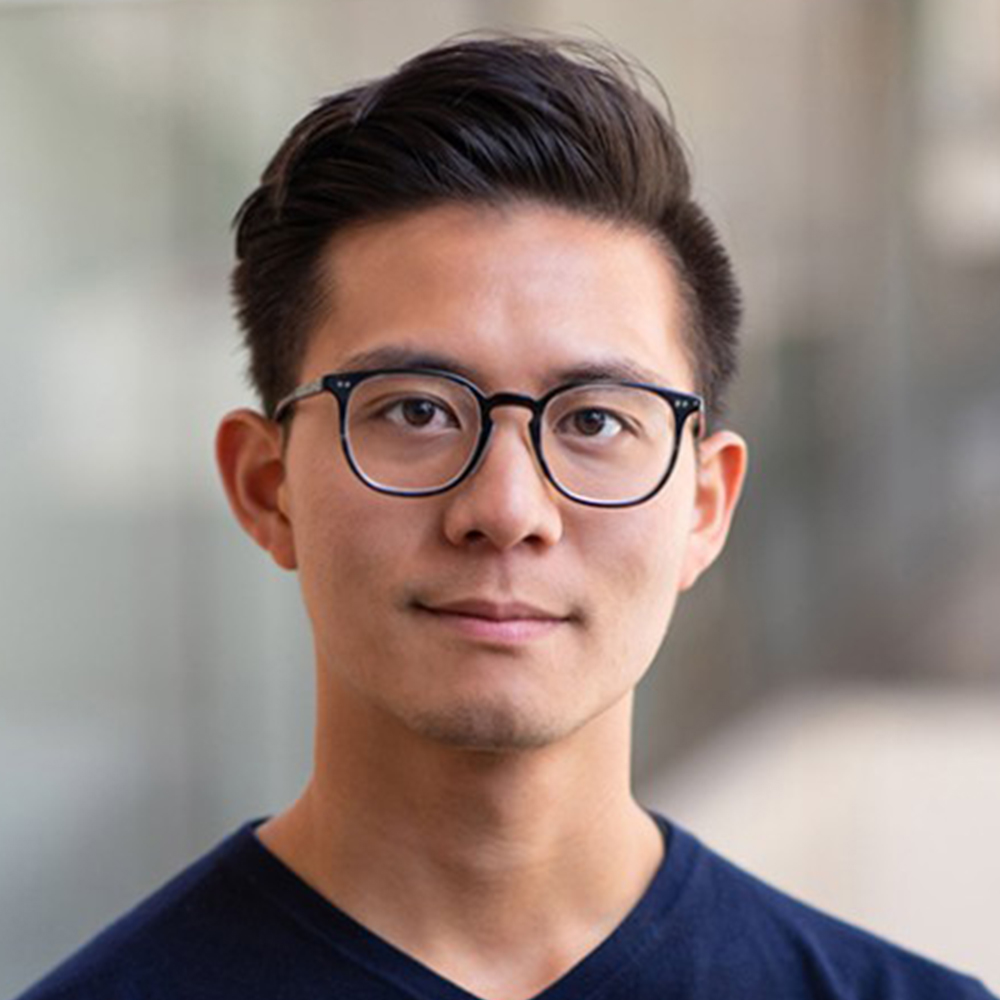1. Outstanding Innovation in Neurodegenerative Research

This prize recognizes investigator(s) whose work is considered a significant contribution to our understanding of tau-related diseases, with an emphasis on research applicable to the primary tauopathies. Nominees will be considered through either a self or peer nomination process for published peer-reviewed tau-related research, applicable to tauopathies. The nominations are open for all researchers, from all countries, and research institutional affiliations. Awardees will be chosen by a committee of international scientific leaders from a wide range of fields and backgrounds.
The awardee will be chosen based on their scientific contributions, leadership, mentorship, and overall contributions to the scientific community. This award will consist of a $400K prize. While it is our hope that the prize money will be used to further the recipient’s research in neurodegenerative disease, the prize recipient will only be able to use the funds for non-profit purposes.
2. Innovative Early-Career Scientists
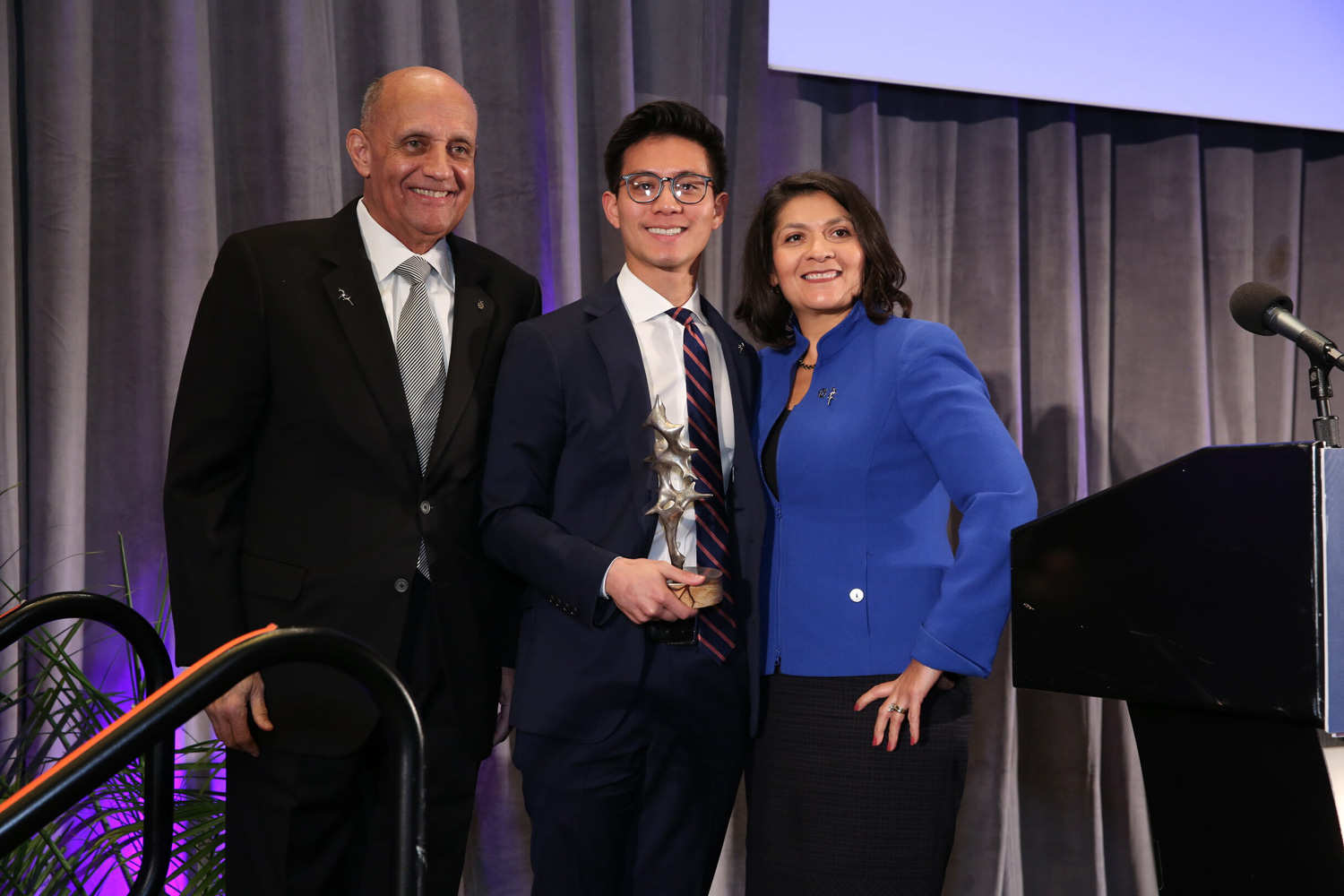
This prize is intended to reward outstanding achievements of a scientist either as a first author or senior author on published neurodegenerative disease research findings. This prize aims to support exceptionally productive scientists who are in the early formative stages of their academic career (within 10 years of PI appointment) and who plan to make a long-term career commitment to research aligned with the mission areas of the Rainwater Charitable Foundation. Nominees will be considered through either a self or peer nomination process for published peer-reviewed neurodegenerative disease research, applicable to tauopathies. Awardees will be chosen by a committee of international scientific leaders from a wide range of fields and backgrounds.
The awardee will be chosen based on their scientific contributions, leadership, mentorship, and overall contributions to the scientific community. This award will consist of a $200K prize. While it is our hope that the prize money will be used to further the recipient’s research in neurodegenerative disease, the prize recipient will only be able to use the funds for non-profit purposes.
3. Milestone Prize for Advances in Tauopathy Research
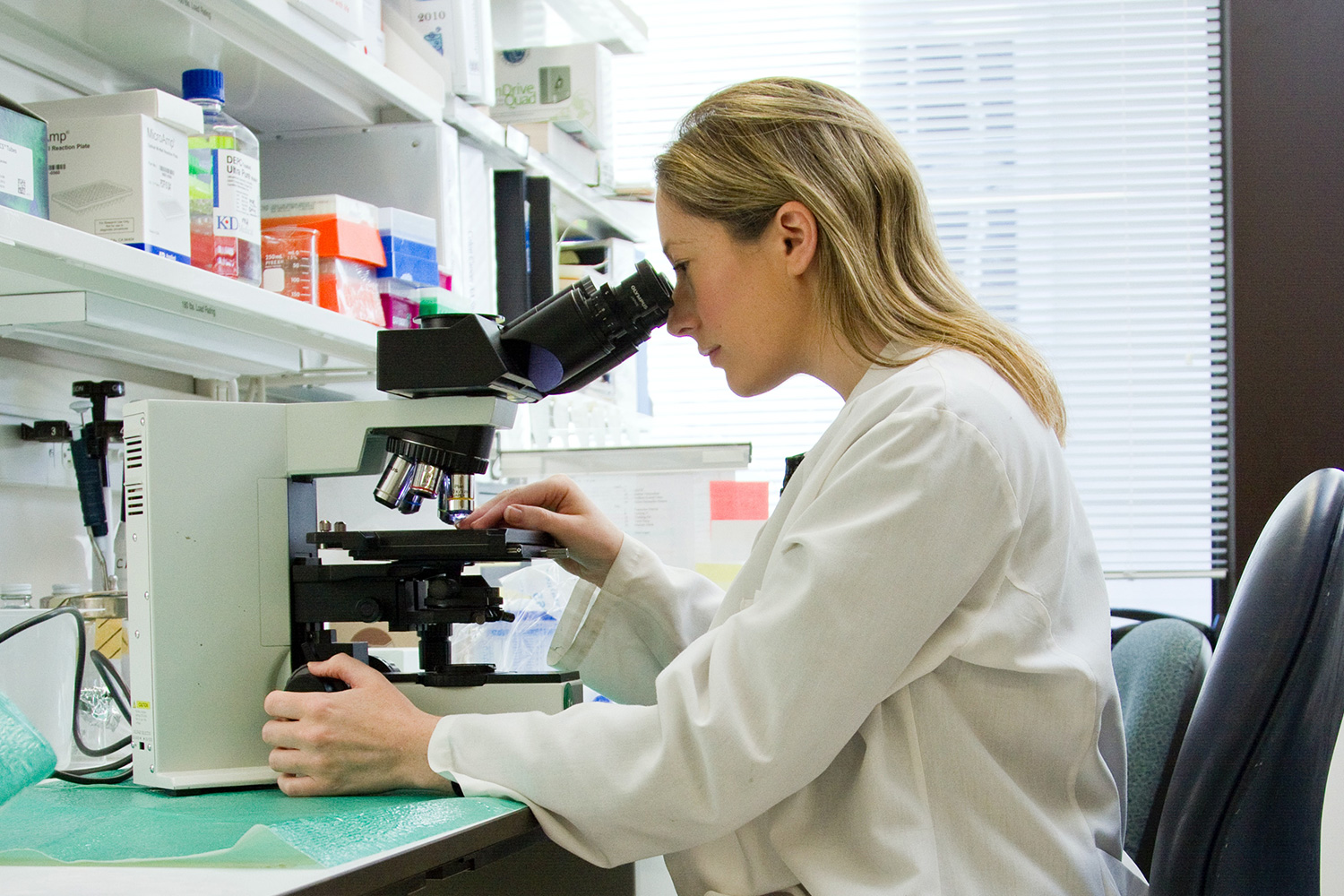
This prize recognizes investigator(s) whose work is considered a significant contribution to our understanding of Tau-related diseases by addressing critical gaps in technology and disease knowledge that will help the scientific community develop effective treatments.
Awardees will be chosen by a committee of international scientific leaders from a wide range of fields and backgrounds. The awardee will be chosen based on their scientific contributions to the specified milestones, demonstrated willingness to collaborate and share scientific resources, leadership, mentorship, and overall contributions to the scientific community.
Current Milestone Prize Categories:
- Structure, Function, and Disease Mechanisms
- Tau protein modifications and how these function in health and disease
- Mechanism of Tau aggregation and transmission (inside and outside cell)
- Mechanism of glial and neuronal loss
- Risk and Prevention
- Genetic/Epigenetic biomarkers, Polygenic risk assessment
- Predictors of Tau normal vs. dysfunction
- Progression monitoring
- Clinical trial stratification
- Advances in Drug Development Models and Technology
- Mouse or other in vivo, clinically relevant model
- Clinical drug efficacy prediction models
- Advances in imaging
This prize will be awarded upon milestone completion and may or may not be awarded each year. This award may be awarded to individuals or teams of scientists and will consist of an up to $2M prize. While it is our hope that the prize money will be used to further the recipient’s neurodegenerative disease research, the prize recipient will only be able to use the funds for non-profit purposes.
4. Breakthrough Prize for Effective Treatments in PSP
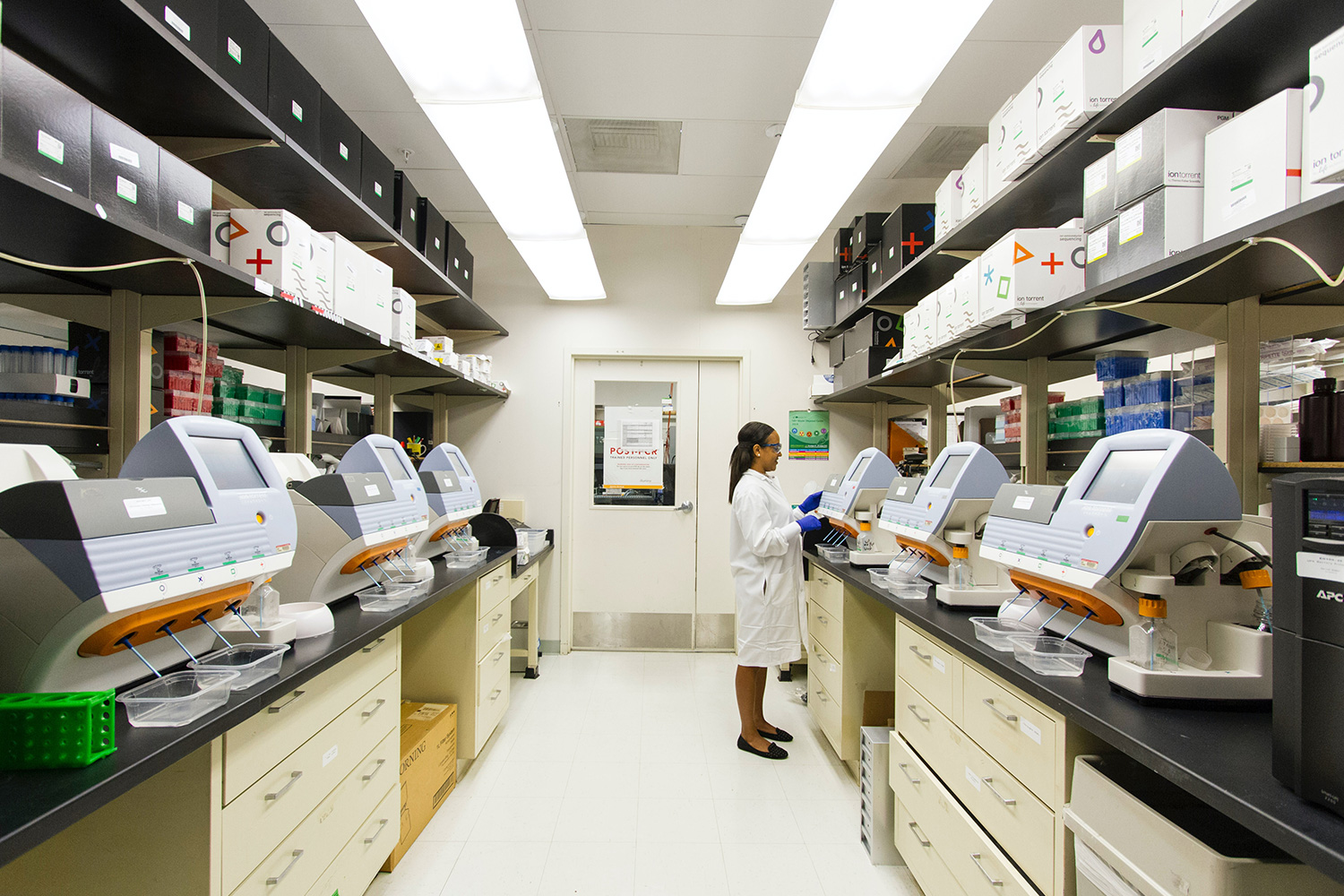
This prize recognizes investigator(s) whose work is considered a significant contribution to the development of effective treatments for PSP.
Awardees will be chosen by a committee of international scientific leaders from a wide range of fields and backgrounds. The awardee will be chosen based on their scientific contributions that ultimately led to the development of treatments for PSP, demonstrated willingness to collaborate and share scientific resources, leadership, mentorship, and overall contributions to the scientific community. This prize may or may not be awarded each year and may be awarded to individuals or teams of scientists.
Current Breakthrough Prize Categories:
- $2M – FDA approved treatment that meaningfully extends good quality of life for patients.
- $4M – FDA approved treatment that cures PSP early in progression.
- $10M – FDA approved treatment that prevents PSP and/or reverses disease damage.
While it is our hope that the prize money will be used to further the recipient’s neurodegenerative disease research, the prize recipient will only be able to use the funds for non-profit purposes.

